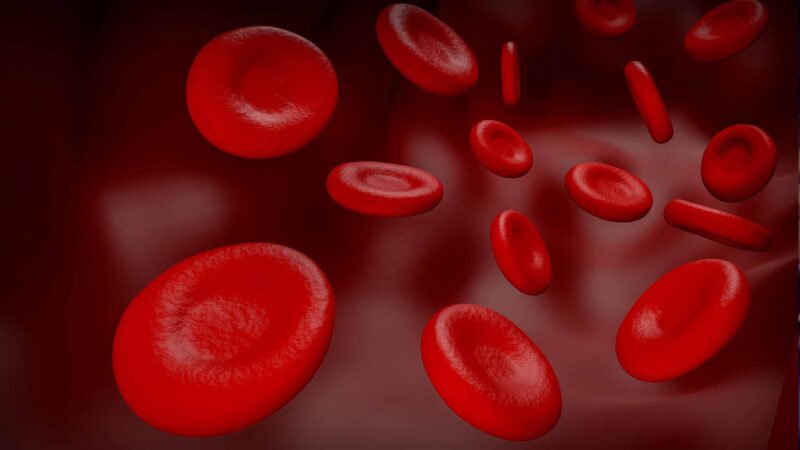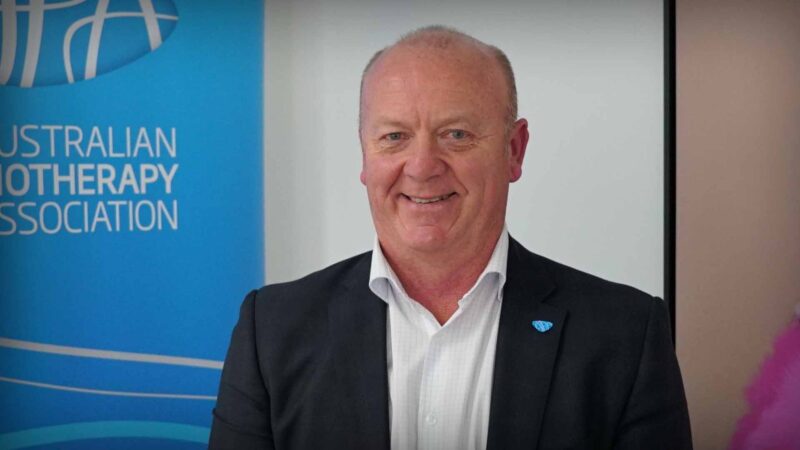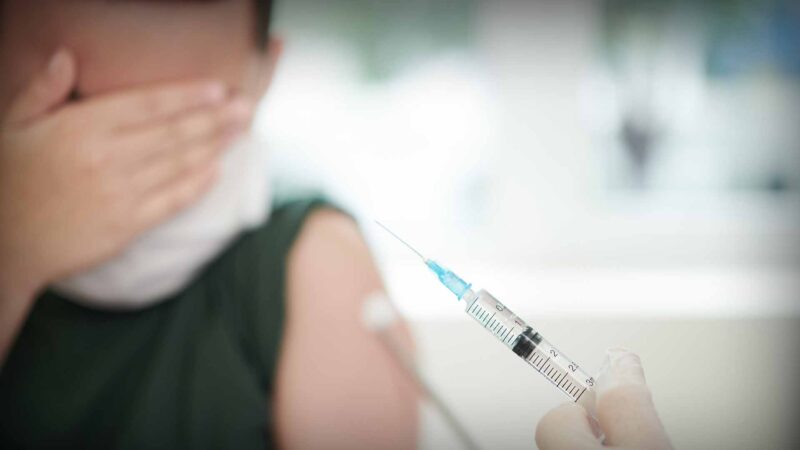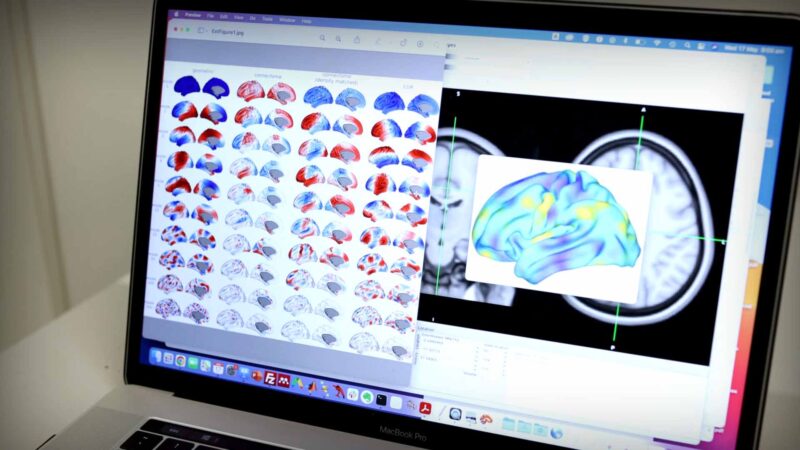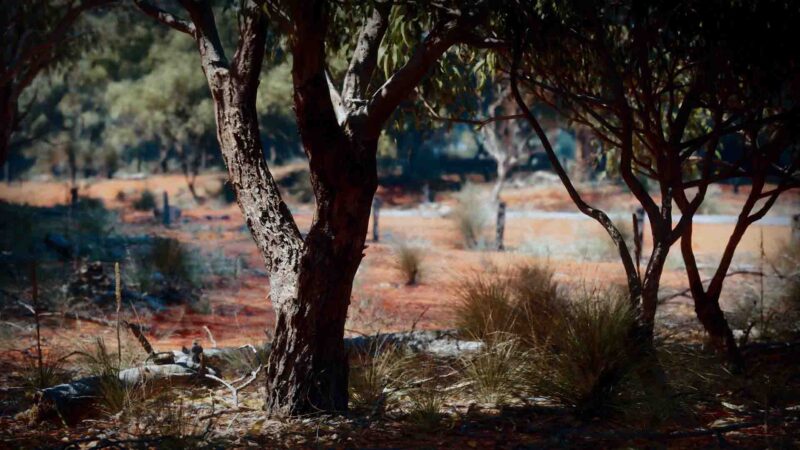Improved treatment in advanced-stage Hodgkin lymphoma
A global clinical trial successfully reduced toxicity and side effects in advanced stage Hodgkin lymphoma patients by using a modified treatment regimen.
Australian Health Journal spoke with Professor Mark Hertzberg in his role in the ALLG HD10 Clinical Trial and as a former Chair of the Scientific Advisory Committee of the Australasian Leukaemia & Lymphoma Group (ALLG), an organisation involved in improving the treatments and lives of blood cancer patients.

